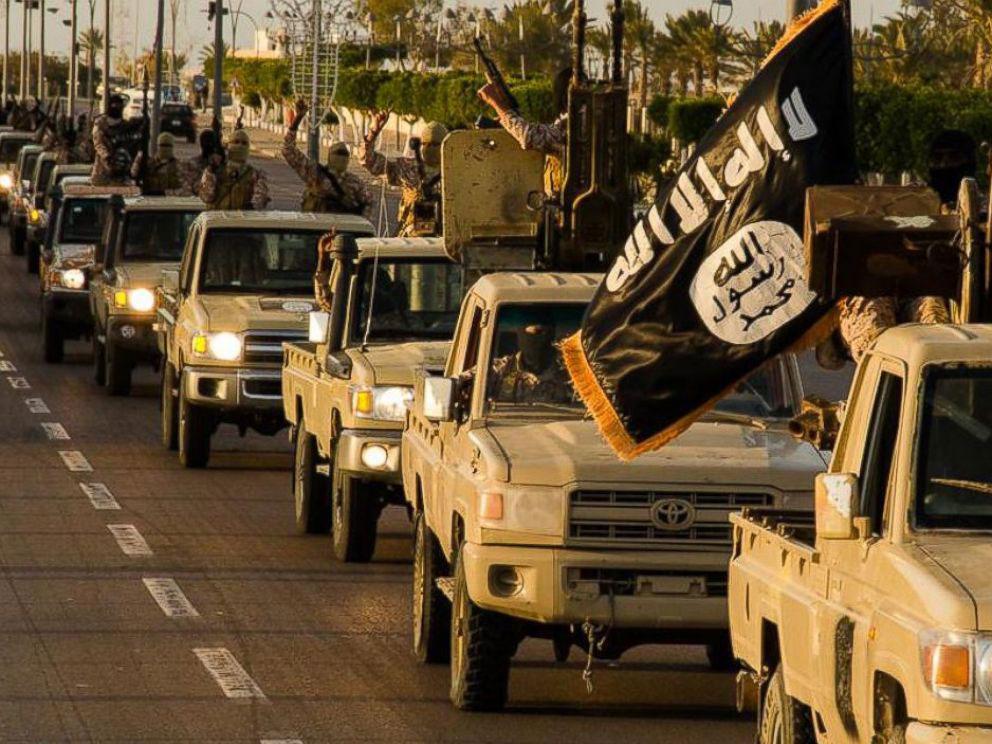British jets could bomb Isis fighters in Libya, UK Government says
The admission is a further step to direct UK involvement in the north African state

Your support helps us to tell the story
From reproductive rights to climate change to Big Tech, The Independent is on the ground when the story is developing. Whether it's investigating the financials of Elon Musk's pro-Trump PAC or producing our latest documentary, 'The A Word', which shines a light on the American women fighting for reproductive rights, we know how important it is to parse out the facts from the messaging.
At such a critical moment in US history, we need reporters on the ground. Your donation allows us to keep sending journalists to speak to both sides of the story.
The Independent is trusted by Americans across the entire political spectrum. And unlike many other quality news outlets, we choose not to lock Americans out of our reporting and analysis with paywalls. We believe quality journalism should be available to everyone, paid for by those who can afford it.
Your support makes all the difference.Renewed Western military intervention in Libya has inched closer after the Government said it would be ready to consider any request from the new government in Tripoli for naval or air support to help dislodge Isis from its stronghold in the country.
Philip Hammond, the Foreign Secretary, who this week travelled to Libya to meet leaders of the UN-backed government of national accord (GNA), said that it was “quite possible” such a request would be made in relation to the coastal city of Sirte, which fell to Isis a year ago.
While ruling out UK ground troops being deployed to the country in a combat role, Mr Hammond confirmed that the UK would be ready to contribute to an international force to train fledgling Libyan administration’s army and police force.
Libya has been embroiled in political chaos since the fall of Colonel Muammar Gaddafi during a Western-backed rebellion in 2011. The GNA was formed in January and established itself in Tripoli last month. Western powers are hopeful it can unite Libyans, combat Isis and restore order to the country, which Mr Hammond said was currently divided between around 120 competing groups.
Speaking to MPs in the House of Commons on his return from Tripoli, Mr Hammond said Isis was currently “thin on the ground” in Libya, with around 3,000 fighters. “There are many pointers that now is the time to move against them”.
However, he said that no request had yet been received, and that if Britain were to take military action, it would require the approval of MPs.
“I can envisage Prime Minister Sarraj, if his government is successful, being able to muster enough ground forces to mount an attack on the Daesh (Isis) stronghold around Sirte,” he said.
“It is certainly the case that the Libyans will not be able to develop either naval or air assets in any reasonable period of time to support such an operation and indeed it is quite possible that from a military point of view they would seek assistance from outside…There has been no such request, no discussion of such a request but if it comes we will consider it and if we think the UK should participate in such an action we will come to the House and seek a vote.”
Mr Hammond said that the numbers of troops that would be sent in the event of the Libyan government requesting a military training force would be in the tens or hundreds, and would be part of wider international UN-backed efforts.
But the Government faced warnings that troops on the ground in Libya in any capacity would be a risk.
Crispin Blunt, the Conservative chair of the House of Commons Foreign Affairs Committee, warned the Foreign Secretary that he was “dancing on pretty thin ice” in trying to differentiate between a training mission and a combat mission in a country as unstable as Libya.
Mr Blunt has previously warned that even a training mission would “inevitably be seen as Western intervention” in Libya and would risk British troops coming under attack from “various militia and Islamic State”. Mr Hammond said that there was a “big difference between training and advising troops and engaging in combat activities”, pointing to the UK’s existing role in training military forces in Afghanistan and Iraq.
Isis captured the coastal city of Sirte last year. The city, near the birthplace of Colonel Gaddafi, became a key battleground during the country’s civil war and was also the site of the dictator’s eventual capture and execution.
Members of the United Nations Support Mission in Libya met in Tunisia last week to discuss ways in which the international community could support the new Libyan government.
Asked whether the UK had discussed military options in Libya with international allies, the Prime Minister’s spokesperson said: “There have been discussions between international partners on what the international community can do to support the Libyan government on a whole range of issues including technical assistance, what support we can offer on the security side.
“We were involved in driving forward some of those discussions in a meeting that took place in Tunis last week, on broader support of the new national government of Libya.”
Subscribe to Independent Premium to bookmark this article
Want to bookmark your favourite articles and stories to read or reference later? Start your Independent Premium subscription today.
Join our commenting forum
Join thought-provoking conversations, follow other Independent readers and see their replies
Comments